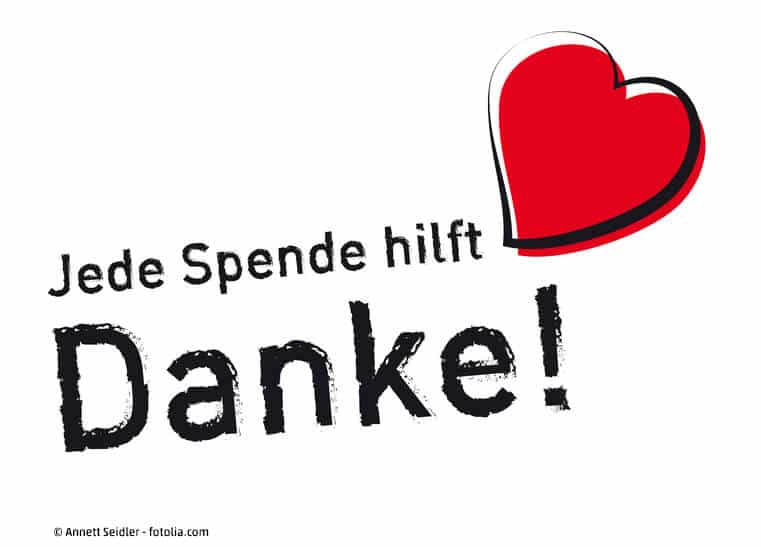When a flower blooms, it shows us the beauty. If it does not bloom, it teaches us hope.
With this sentence of the Chinese author Chao-Hsiu Chen I would like to start my article on the topic of refugee aid and thus also make a contribution to the initiative #bloggerfuerfluechtlinge.
By the flower I am talking about here, I mean the increasing social commitment of German citizens. In full bloom, the extent of kindness, care and assistance is almost limitless and wonderful, and where there is only a tender approach and the last skepticism gives way to hugs, thank-yous and happy children’s laughter, the hope for a peaceful coexistence is almost palpable.
Every day we hear in the news about new arson attacks, incitement in the social network or the seemingly increasing xenophobia of the so-called “concerned citizens“. Some of these “worries” are due to a lack of information or an opaque way of acting in EU politics. Most, however, spring from their own ethnocentrism. Freely following the motto “first I come and then (if at all) the foreigner”, these people legitimize their xenophobic thoughts.
But where does xenophobia actually begin?
I always thought: They only shout such hate slogans in the East. They have probably repressed their own past, which, after a dangerous flight, usually included welcome money and a fraternal welcoming culture. But I must increasingly note that ethnocentric thought is not tied to a particular place or community. Initially, it was just critical slogans against the ruling politicians, then articles about riots in refugee homes, and finally concrete political statements.
At first I was puzzled, then I did some research, sought out the conversation, and finally resigned. I had to admit to myself that friends and acquaintances I had known for years valued their own needs more than a person’s life. The offer of a clarifying conversation was mostly rejected, the personal statements were not perceived as xenophobic ideas and the own behavior was not reflected.
What I was left with in the end was the distance to these people, because I want my children to grow up someday in a tolerant and loving world and to confront xenophobia with the same constancy as I do. I have lived in Germany for over 20 years now and yes, I too have encountered xenophobia and have learned to stand up to it. Education, openness, commitment and cohesion are the key components we need to counter intolerance, xenophobia, anger and violence.
With the unbelievable amount of misunderstanding and misinformation we receive, we must never forget one crucial factor: We are more than they are, we are stronger than they are, and if we have to, we will tell them about our convictions to the very end, thus leading to a Welcome culture that is hidden deep within us and, like a seedling, is waiting to blossom.
How and where can I help?
For all interested citizens of Aachen I have listed some interesting initiatives, campaigns, projects and relief actions that you can join and where volunteers, financial donations as well as donations in kind are still urgently needed:
- AC helps – General information
- Aachen hands
- Café Refuge
- Save-me-aachen
- Caritas Aachen
- Civic Foundation Aachen
If you are also looking for a suitable initiative or project for your city in which you can volunteer, you can check here.

About the author
Kinga Bartczak advises, coaches and writes on female empowerment, new work culture, organizational development, systemic coaching and personal branding. She is also the managing director of UnternehmerRebellen GmbH and publisher of the FemalExperts magazine .













